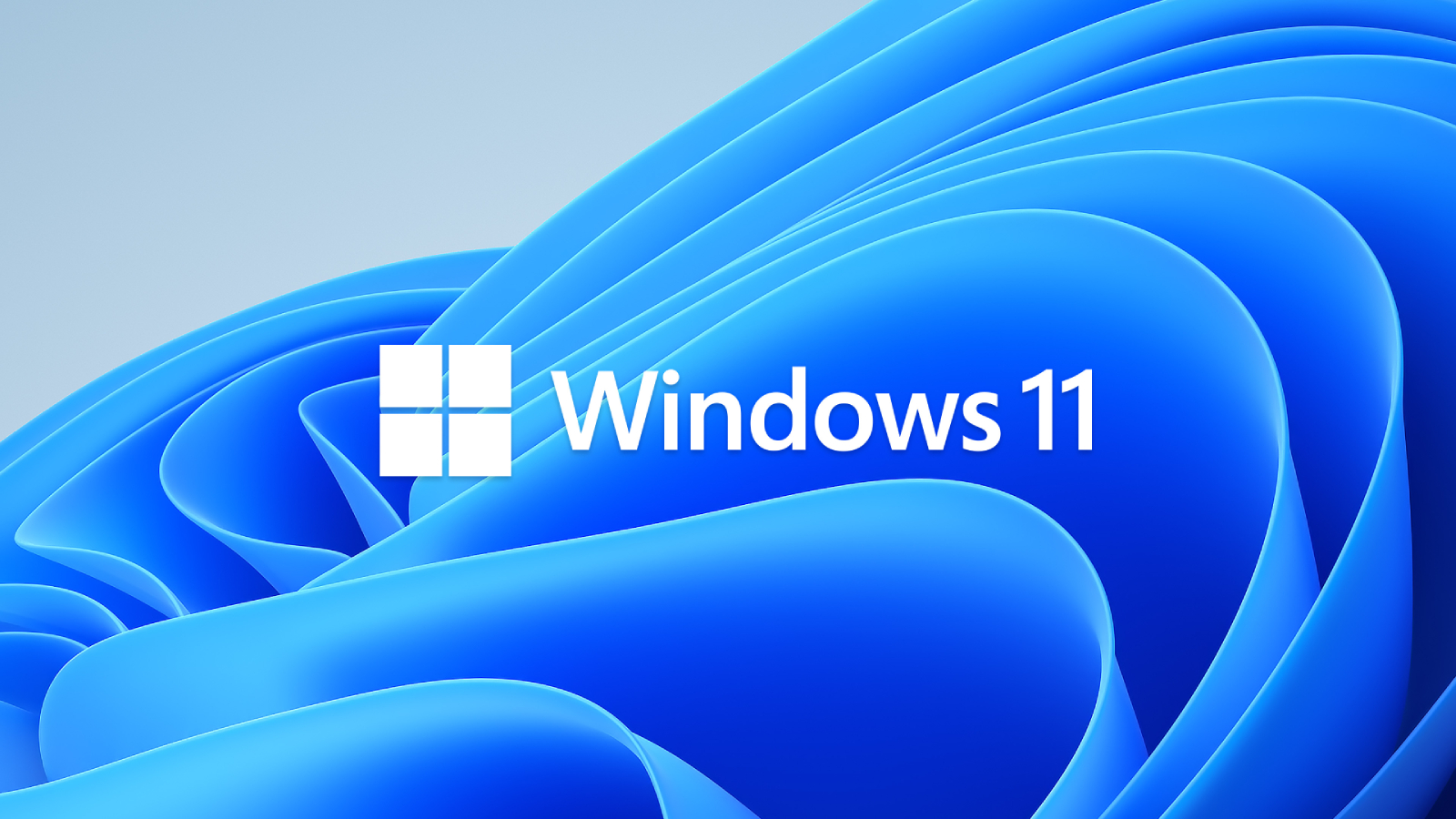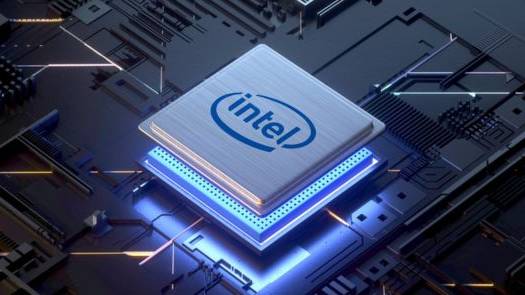Windows 11 requirements could alienate millions of PC users — Microsoft needs to fix this soon
Microsoft needs to clarify system requirements for a smooth Windows 11 launch

Microsoft's Windows 11 launch was supposed to be a new start of sorts, a rare occasion for PC users to be excited about the future of their desktop OS. Instead, the conversation has revolved around confusing system requirements and concerns about being left out of the upcoming update.
Between CPU compatibility and TPM support, the requirements for running Windows 11 are proving to be frustratingly restrictive. As things stand, millions of PCs will not be compatible with Windows 11 and will instead be forced to run a five-year-old OS with an end-of-support date set for October 2025.
- How to enable TPM 2.0 on Windows PC
- Best laptops in 2021
- Best college laptops for students in 2021
Microsoft has a chance, if not to change the requirements, then to at least clarify them prior to the launch of Windows 11 later this year. Failing to do so could alienate its user base and make customers consider alternatives.
CPU requirement: A moving target
Microsoft initially required Intel 8th Gen (launched in 2017), AMD Zen 2 (launched in 2019), Qualcomm Series 7, or any newer processor to run Windows 11. That meant millions of older models — including my Dell XPS 15 with a 7th Gen Intel CPU — would be left out.
Microsoft's own Surface Studio 2, which the company still sells in its online store for $3,500 with woefully outdated chips, would be limited to running Windows 10 — even if you purchased one today. After facing criticism for its hardware requirements, Microsoft said it would look into the possibility of running Windows 11 on 7th Gen Intel and AMD Zen 1 chips.

For now, Microsoft is deferring the CPU requirement and waiting for feedback from Insiders running the Windows 11 dev preview. This early version of Windows 11 doesn't require TPM 2.0 and pushes the CPU requirements to Intel 7th Gen and AMD Zen 1. If Microsoft chooses to extend Windows 11 to PCs running processors that are even just one year older, it could prevent millions of people from having to purchase a new laptop or desktop — and deciding whether it should be one that runs Windows at all.
Those with PCs powered by even older processors are out of luck. Before it was removed, Microsoft had written in a blog post, "We also know that devices running on Intel 6th generation and AMD pre-Zen will not [run Windows 11].”
Sign up to receive The Snapshot, a free special dispatch from Laptop Mag, in your inbox.
TPM 2.0: A deal-breaker for some (but not most)
The main reason behind the puzzling Windows 11 system requirements is security. Microsoft hasn't said it outright, but beyond ensuring fast performance, the CPU restrictions might have something to do with past chip vulnerabilities, namely the Spectre and Meltdown bugs that affected millions of devices running on older processors.
We know with certainty that the other system requirement causing Windows users to be up in arms is strictly a security measure. That is, the need to have TPM 2.0, a chip offering hardware-level protection to secure encryption keys and other sensitive data.
"Windows 11 raises the bar for security by requiring hardware that can enable protections like Windows Hello, Device Encryption, virtualization-based security (VBS), hypervisor-protected code integrity (HVCI) and Secure Boot," Microsoft wrote in a blog post. "The combination of these features has been shown to reduce malware by 60% on tested devices. To meet the principle, all Windows 11 supported CPUs have an embedded TPM, support secure boot, and support VBS and specific VBS capabilities."
TPM 2.0 is a sticking point for Microsoft which has stressed the importance of hardware and software security as malware attacks become more prevalent and often target the 1.3 billion Windows 10 PCs, some of which are used by Fortune 500 companies.
The good news is that the TPM 2.0 requirement won't affect most PC owners. In fact, Microsoft already forced PCs manufacturers to include TPM 2.0 on new laptops starting in July 2016. If your laptop was purchased after that date — and uses a compatible CPU — it should have no problems updating to Windows 11.
What happens next?
Microsoft is walking a tightrope. It needs to strike the right balance between requiring strict security measures while including as many Windows users as possible. The messaging to this point has been poor, with users learning their systems won't run Windows 11 because of a security chip they'd never heard of before. Then there is the CPU compatibility which is widely considered to be too constraining.
With Windows 11 arriving within months (possibly in October), Microsoft doesn't have long to clear the air. We hope it expands the hardware requirements to include more PCs without sacrificing the minimum security measures it wants to enforce for years to come. Including 7th Gen Intel and AMD Zen 1 chips would go a long way to achieving that goal.
But just as important is Microsoft being transparent with its users — something it made strides with when the PC Health Check app was updated to say why your system couldn't run Windows 11. The last thing Microsoft wants is for customers to accuse the company of forcing them to buy new hardware — if people feel that way, they might consider jumping ship to macOS or Chrome OS.
Phillip Tracy is the assistant managing editor at Laptop Mag where he reviews laptops, phones and other gadgets while covering the latest industry news. After graduating with a journalism degree from the University of Texas at Austin, Phillip became a tech reporter at the Daily Dot. There, he wrote reviews for a range of gadgets and covered everything from social media trends to cybersecurity. Prior to that, he wrote for RCR Wireless News covering 5G and IoT. When he's not tinkering with devices, you can find Phillip playing video games, reading, traveling or watching soccer.

